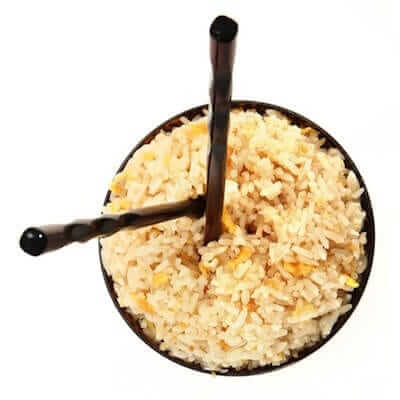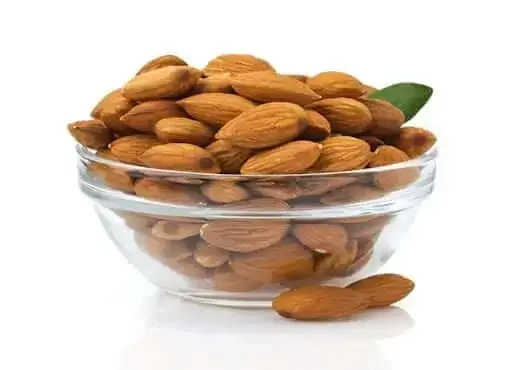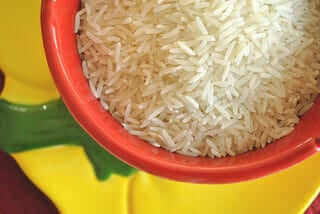Nutritional information of brown rice
A lot of dieters don’t know much about brown rice except that it is a great substitute for white rice. It is usually first on the list of recommended carbohydrates but not much is said about it. If you take time to glance at the nutritional value of brown rice, you would be tempted to…
This post may contain affiliate links. Please read our disclosure policy.
A lot of dieters don’t know much about brown rice except that it is a great substitute for white rice. It is usually first on the list of recommended carbohydrates but not much is said about it. If you take time to glance at the nutritional value of brown rice, you would be tempted to eat it every day. From fiber to potassium, brown rice contains a number of minerals and compounds that maintain good health and keep diseases at bay.
What is the nutritional information of brown rice?
Brown rice is an exceptional source of fiber. Fiber is needed in every diet because without it, digestion becomes difficult and oftentimes uncomfortable. Every person needs two kinds of fiber: soluble and insoluble fiber. Soluble fiber is beneficial if you would like to feel full for longer. It slows down the pace of digestion which means you stomach won’t empty as quickly. You can go for hours without feeling hungry and this is a good thing if you want to control your appetite to lose weight.
The insoluble fiber in brown rice makes it a natural laxative food. If you experience regular constipation, you need to dish up more rice. It eases the movement of food down the digestive tract and can help remove stools that are stuck in your system.
Other than fiber, brown rice is also high in complex carbohydrates. The food label where nutritional value of brown rice is written does not describe these carbs as complex but they are very different from those found in white rice and other grains. Complex carbs are processed slowly by the body, unlike refined carbs that exit the stomach as quickly as they enter. Complex carbohydrates are one of the reasons why brown rice fills you up and delays hunger. The way the body synthesizes them also helps to keep blood sugar levels balanced, which is good news for diabetics.
Protein is another healthy compound found in brown rice. When protein is digested, it breaks into many different amino acids with different functions. Some amino acids help the nervous system while others assist in muscle building and repair. Protein assists all the systems of your body and is involved in hundreds of chemical processes that ensure your stay in good shape.
It is estimated that one cup of brown rice contains more than 80 grams of potassium. This mineral can boost your heart’s functioning dramatically. It is responsible for regulated your heart beat, preventing high blood pressure and reducing bad cholesterol levels. This piece of nutritional value of brown rice is valuable for anyone with heart problems. Regular servings of rice can lessen symptoms of cardiovascular conditions and keep your heart pumping.
Eating brown rice is a good strategy to prevent anemia. This is because it is rich in iron, which produces red blood cells that oxygenate the body. With enough iron and calcium in your system, your immune system is at its best and you’ll enjoy healthy hair, nails and skin.



Leave a Comment